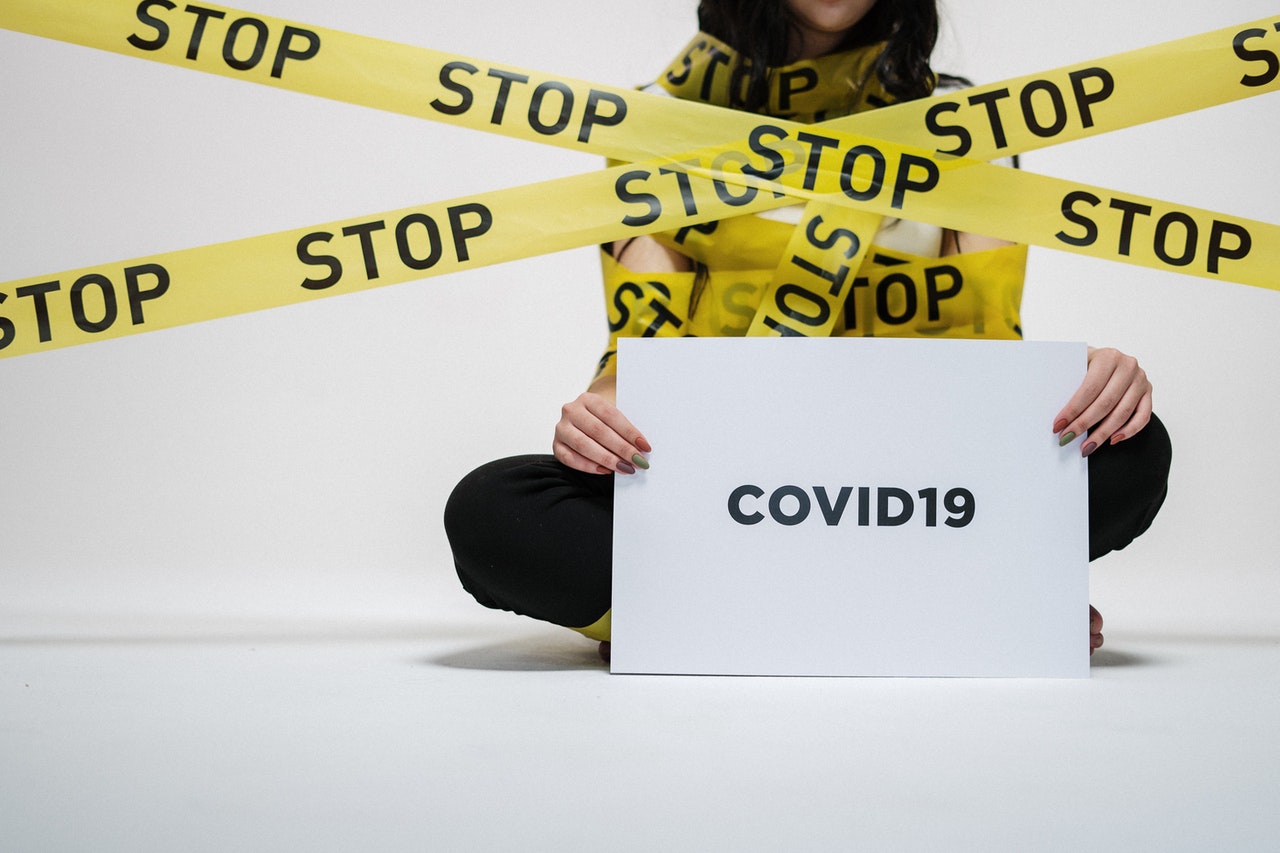Some people testing positive for coronavirus may be unwilling to share all their contacts in case they lose work, health bosses have revealed.
The warning comes as Hackney and the City of London prepare for local contact tracing which they hope will start next week after staff finish their training.
In the two weeks to 6 September there were 102 cases in the two areas – with just two of them in the City which has a small population.
Since the pandemic started there have been 1,240 cases in the two areas – with 1,213 in Hackney.
And the head of public health Dr Sandra Husbands said: “We have a suspicion people might not be identifying all test & trace contacts because of fear of losing work.”
Currently the government is offering £130 for people self-isolating for ten days with up to £182 for their contacts who may need to self-isolate for 14 days.
“We seem to be getting somewhere in reducing infection rates,” she said, but added: “We are suspicious of the recent fall.”
Her comment came as she explained how local contact tracing will work in City and Hackney at their outbreak control meeting (Thurs Sept 10).
Hackney’s incident management team was busy in the north of the borough from mid July because of an outbreak which spread into Haringey.
Across the country people have been more likely to answer calls from people using local numbers to find out their contacts, she explained.
Customer service staff from Hackney Council and City of London environmental health officers will make the calls and they will get support from public health experts.
The service is likely to start shortly once they have finished their training.
The teams will be following up 30% of the people who test positive for Covid-19 but have not given any details of their contacts to the NHS Test and Trace service and are harder to reach.
Because Hackney had a high case rate it is one of the first boroughs in London to get involved.
NOW READ: Schools lead the way in name change response to Black Lives Matter
Recently cases have reflected the national trend with younger people testing positive and people returning from holidays overseas.
Dr Husbands said the Test and Trace teams had found that sometimes people do not want to a answer phone number from an unknown number but more likely to answer a phone number with local area code in it.”
She explained: “It’s getting contact details from them, we don’t need the medical records.
“What they found in other places simply warming people up with a text and saying you’ll get a call, they’re more likely to answer.”
She said it is crucial that they speak to the people who came into contact with those who tested positive “so we can ensure that everybody gets the public health message and we can track the outbreak should it spread”.
They are looking for a suitable spot for a local test centre in the City – so far the places they suggested would not accommodate the equipment and space needed for social distancing.
There are already test centres at Bentley Road and Stamford Hill in Hackney and people must pre-book to attend.
The rate of cases went down at the beginning of August, rose and then dipped again.
Recently there’s been “noticeable clusters” in Shacklewell, with a rate 41 per 100,000 people, Hackney Wick and Hoxton East and Shoreditch with a rate of 44 per 100,000 people.
More than 60% of cases are individuals and just 16% are in household clusters.
Diana Divajeva, principal public health analyst said cases are “not in any particular area – they are all over Hackney with hardly any areas not seeing cases at all.”
Previously there were high rates in the northern wards of Stamford Hill, Springfield but cases have recently dropped.
And women are less likely to get tested as are people in more deprived parts of Hackney where they are more likely to test positive for the virus, said Miss Divajeva.
Hackney council is planning a week of action on the north of the borough to get people tested and remind them of the health guidance of using face masks, regular hand washing and social distancing.
It has been meeting community and faith leaders to get the message across.
Earlier this week, Mayor Philip Glanville had a meeting with 60 business leaders from Stamford Hill and Stoke Newington to talk about ways to share public health guidance.
For the latest headlines from the City of London and beyond, follow City Matters on Twitter, Instagram and LinkedIn.








